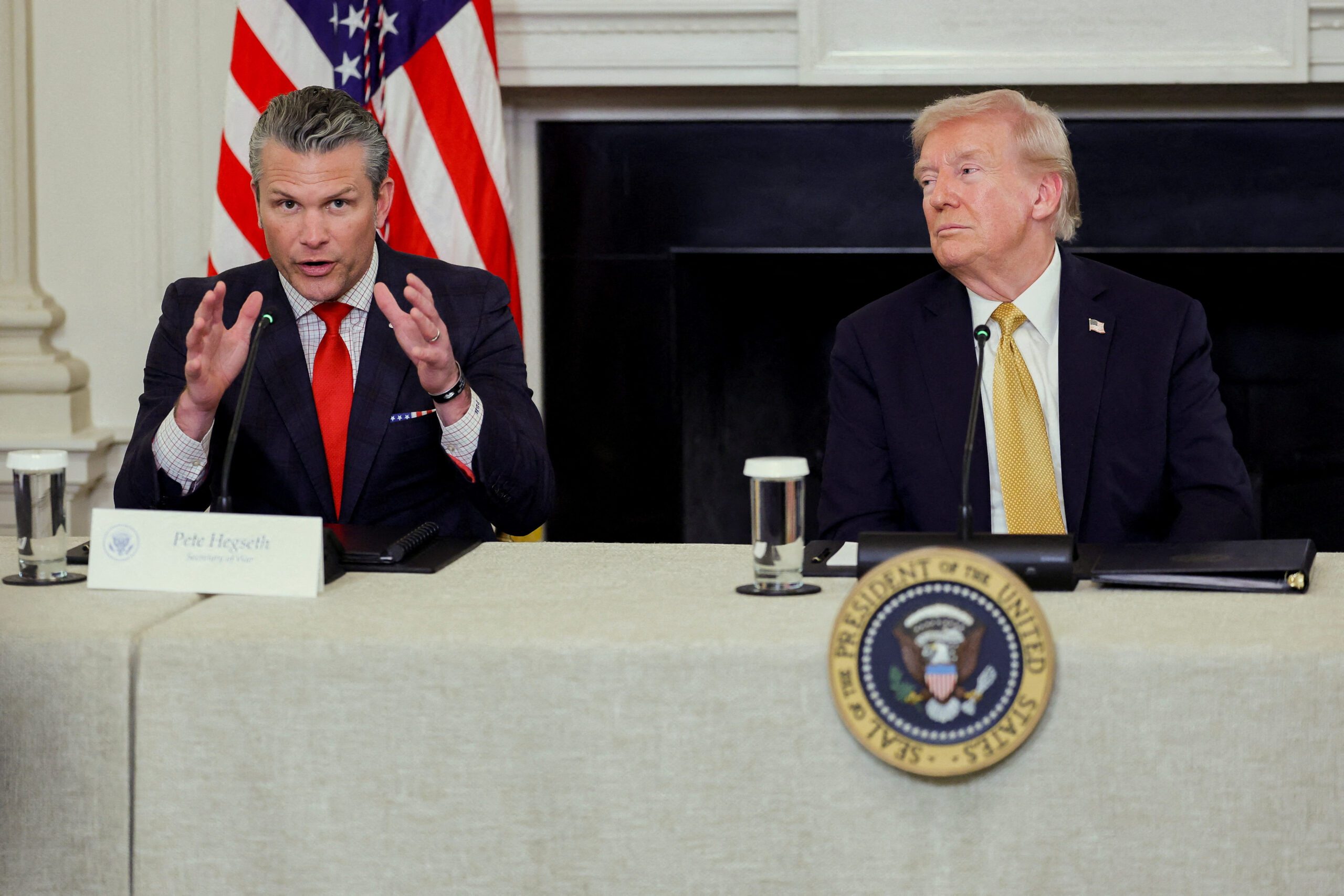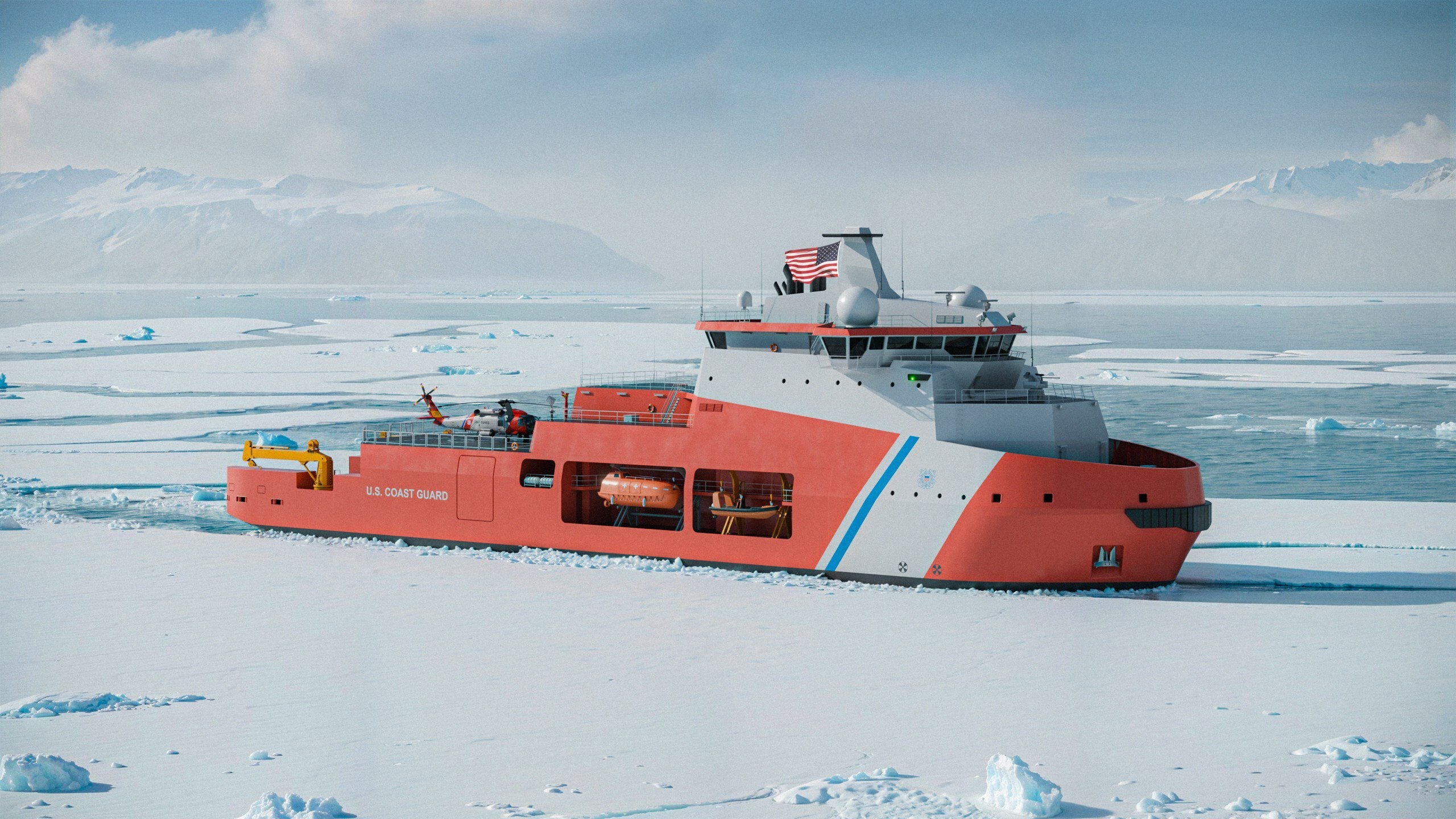The Trump administration conducted its first nighttime military strike against suspected drug smugglers, killing six individuals aboard a vessel operated by Tren de Aragua in the Caribbean Sea.
Secretary of War Pete Hegseth announced the operation on social media, stating that the strike targeted a vessel “known by our intelligence to be involved in illicit narcotics smuggling” and transiting along a known drug-trafficking route in international waters.
“If you are a narco-terrorist smuggling drugs in our hemisphere, we will treat you like we treat Al-Qaeda,” Hegseth said. “Day or NIGHT, we will map your networks, track your people, hunt you down, and kill you.”
The nighttime operation marks the latest escalation in the administration’s campaign against drug trafficking organizations, which has now resulted in 10 known strikes killing nearly four dozen people since early September.
President Trump said on Thursday that his administration does not plan to seek a declaration of war against drug cartels. “I think we’re just going to kill people that are bringing drugs into our country. OK? We’re going to kill them,” Trump told reporters at the White House.
The strikes have now also expanded beyond the Caribbean. The administration conducted two lethal strikes in the Eastern Pacific on October 21 and 22, killing a total of five individuals. These operations mark a significant expansion beyond operations previously concentrated near Venezuelan waters.
The military campaign runs parallel to traditional Coast Guard interdiction efforts. On October 14, the Coast Guard announced it had seized more than 100,000 pounds of cocaine in the Eastern Pacific since launching Operation Pacific Viper in early August, resulting from 34 interdictions and the apprehension of 86 individuals.
The administration has formally determined that the United States is engaged in a “non-international armed conflict” with drug cartels. Hegseth has defended the approach by stating: “These cartels are the Al Qaeda of the Western Hemisphere, using violence, murder and terrorism to impose their will, threaten our national security and poison our people.”
The U.S. military has been increasing its presence in the Caribbean, including deployments of guided-missile destroyers, F-35 fighter jets, a nuclear submarine and thousands of troops.
Trump indicated that land-based operations against cartels would be next. “Now they (drugs) are coming in by land … you know, the land is going to be next,” he said.
Last week, two alleged drug traffickers survived a U.S. military strike in the Caribbean and were rescued and brought to a U.S. Navy warship before being repatriated to Colombia and Ecuador.
Defense Secretary Hegseth defended the decision to repatriate the survivors, comparing it to practices during the Iraq and Afghanistan wars. “In those conflicts, we captured thousands on the battlefield and handed over 99% to host-nation authorities,” Hegseth said. “Did we always like the outcome? Not always. But it was the standard, and it’s the same here.”
Legal experts have questioned the administration’s use of military force rather than traditional maritime law enforcement, with critics questioning why non-lethal methods are not attempted before resorting to deadly force.
President Trump has dismissed traditional Coast Guard interdiction methods as “totally ineffective.”
Coast Guard interdiction operations in the Eastern Pacific are performed under the authority of the Coast Guard’s Southwest District, headquartered in Alameda, California. Detection and monitoring is coordinated through U.S. Southern Command’s Joint Interagency Task Force-South in Key West, Florida.
Editorial Standards · Corrections · About gCaptain

 Join The Club
Join The Club











